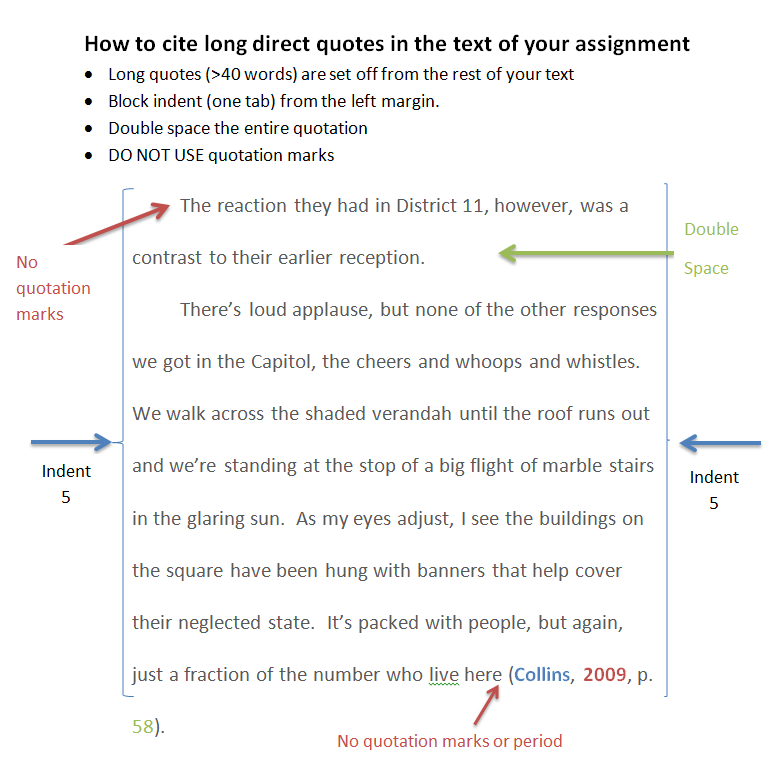Carers Recognition Act 2004 - WA.
There are currently no known outstanding effects for the Carers (Recognition and Services) Act 1995. Changes to Legislation Revised legislation carried on this site may not be fully up to date.
What the Carers Recognition Act 2004 means for Western Australian carers and service providers Who is a carer? The Western Australian Carers Recognition Act 2004 defines a carer. In summary, a carer is a person who provides ongoing care, support and assistance to a person with disability, a chronic illness (which includes mental illness) or who is frail, without receiving a salary or wage for.

Carers (Scotland) Act 2016 Summary. What is the Carers (Scotland) Act 2016? The Carers (Scotland) Act introduces new rights for unpaid carers and new duties for local councils and the NHS to provide support to carers. The Act will come into force on 1 April 2018. Who is an unpaid carer? A carer is someone who provides or intends to provide unpaid support and care for another individual. They.

Carer rights and recognition. Respect, consideration, recognition and support are some of the principles that guide how government departments, local councils and government-funded services work with carers and people who are. Informed consent for carers.

The Carers (Recognition and Services Act) 1995 gave carers the right to ask for an assessment of their needs and ability to care for a person who was being assessed for eligibility for community care services. The result of the carer’s assessment would be taken into account by the local authority when deciding on the eligibility of the cared for person for services.

The Carers Recognition Act came into effect on 1 July 2012 and officially recognises care relationships and the role of carers in our community. The Act includes a set of principles about the significance of care relationships, and specifies obligations for state government agencies, local councils, and other organisations that interact with people in care relationships.

Staffordshire County Council’s policy in relation to services for carers, building on the requirements of legislation, primarily the Disabled Persons (Services, Consultation and Representation) Act 1986, Carers (Recognition and Services) Act 1995, Carers and Disabled Children Act 2000 and Carers (Equal Opportunities) Act 2004, which.

Neither the Care Act or the Children and Families Act provide a new right to a standalone carer's assessment for non-parent carers of disabled children under 18. However, non-parent carers can request a carer's assessment under the law that existed before the Care Act and the Children and Families Act. This means that non parent carers will.

Implementing the Carers (Equal Opportunities) Act 2004. SCIE Guide 9. Published October 2005. Updated August 2007. About this guide Context. Around six million people in the UK provide care for a relative, friend or neighbour in need of support on an unpaid basis.

Carers Trust is a major charity for, with and about carers. We work to improve support, services and recognition for anyone living with the challenges of caring, unpaid, for a family member or friend who is ill, frail, disabled or has mental health or addiction problems. Our vision is that unpaid carers count and can access the help they need.

Legislation in the past two decades has recognised the contribution of informal carers and has acknowledged their individual needs. Their right to an assessment of their needs is the subject of the Carers (Recognition and Services) 1995 Act, Carers and Disabled Children Act 2000 and Carers (Equal Opportunities) Act 2004. The Acts cover carers.

This Act may be cited as the. Carers Recognition Act 2005. 3—Objects. The objects of this Act are— (a) to recognise and support carers and their role in the community; and (b) to provide for the reporting by organisations of the action taken to reflect the principles of the Carers Charter in the provision of services relevant to carers.

The Carers (Scotland) Act 2016 came into force on the 1st April 2018. Find out how it might affect you if you are a young carer. Find more information on the Young Carers campaign page.



